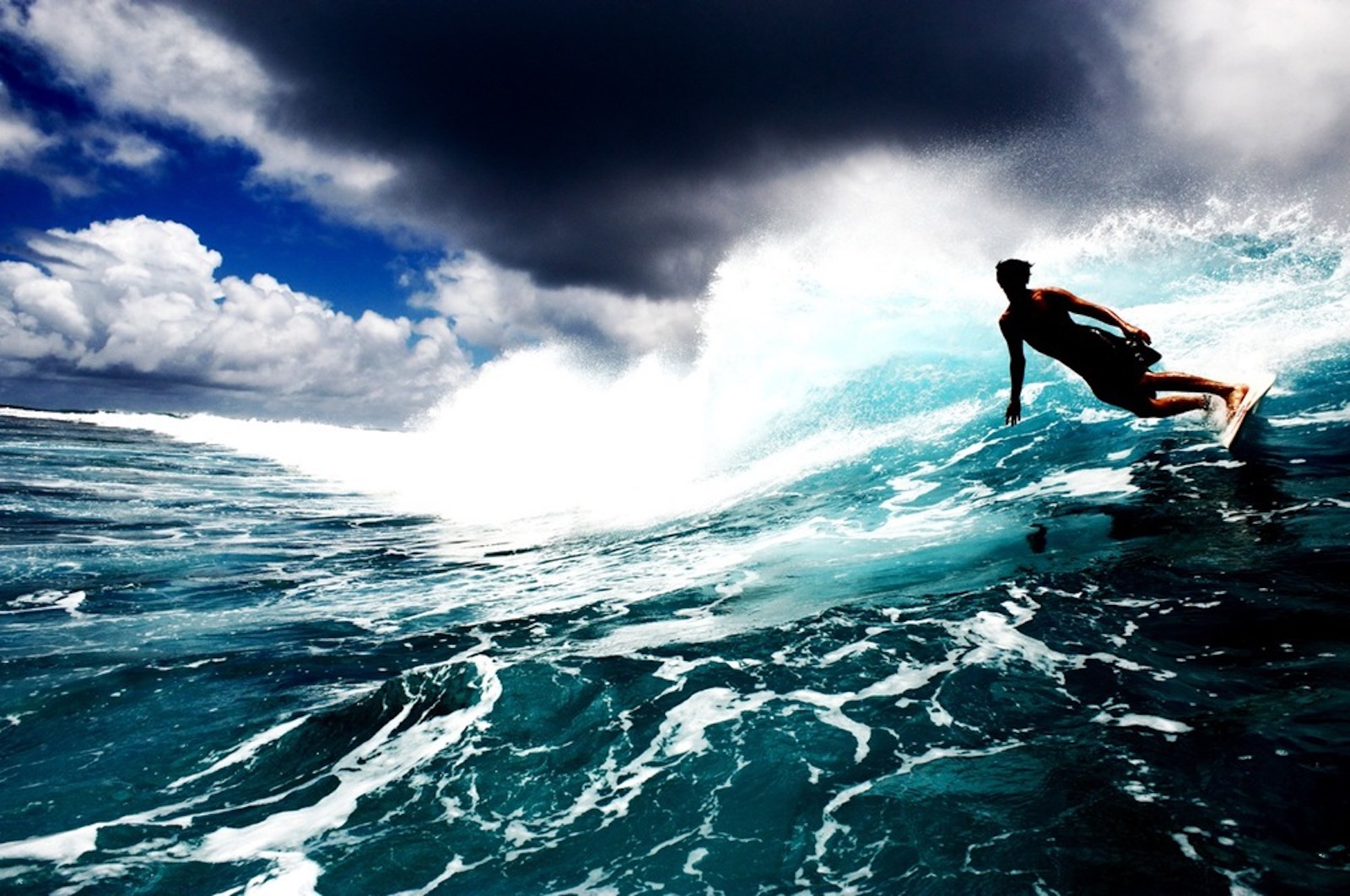
By Dimitri Ehrlich
In these highly divisive times, it’s easy to forget that everyone in the world still has one thing in common: We all want to be happy. Most people think happiness means being on vacation, drinking a beer on a beach—basically, doing nothing and escaping the tyranny of conscious thought. But in the field of positive psychology, the concept of “flow” suggests something quite different: the idea that real contentment comes from being so fully immersed in what we are doing we cease to be aware of our own existence.
This kind of happiness isn’t about escape, it’s about total engagement. The idea that the best moments in our lives aren’t passive, relaxing times, such as getting a massage, but instead come when we stretch our mind and body to their limits runs counter to commonly accepted ideas of what will make us happy.
“You can define happiness as a state of feeling physically content, but that usually doesn’t last long,” says Mihaly Csikszentmihalyi, the Hungarian psychologist and author who coined the term flow. The key idea in his seminal book, Flow: The Psychology of Optimal Experience, is that happiness isn’t something that just happens to us; we have to work for it.
“You could also define happiness as being very successful,” he says. “But if you are successful in a way that you have not earned, sooner or later you will feel bad about it. So the best bet for investing in a good life is to have goals that you think are important and that you can manage to reach if you expend a lot of effort.”
Creativity plays an important role in flow, but it’s also possible to get into the state of flow while engaged in solving a complex math problem, playing a sport or just about any other activity that fully engages your skill set.
So how can you get into a state of flow?
First, it helps to have clear goals, and a way of getting immediate feedback so you can know if your actions are effective.
Flow also requires a healthy balance between the challenge you set out to achieve and your level of skill. Part of what makes this state of mind so enjoyable is that you enter a state of deep concentration. This single-pointed laser focus allows for a merging of action and awareness—there are no distractions, and no anxiety about failing. In fact, self-consciousness itself disappears, your sense of time becomes distorted. While you have goals, paradoxically, in the moment, your activity becomes an end in itself.
Athletes often call this state “being in the zone”—an optimal experience that seems to be effortless. But in reality, flow requires hard work. Take surfing for example: It requires years of practice before you can ride a big wave. When you finally have a peak experience, it is the culmination of enormous effort.
But in the moment, you are so fully immersed in the experience you forget yourself; it feels as if you are acting effortlessly, with a heightened sense of awareness of the present moment. Flow often means erasing the distinction between work and play. If you love your work, you never think ‘thank God it’s Friday.’
Another key to enjoying the experience of flow has to do with our own motivations. If all we want to achieve is success and fame, it’s difficult to free ourselves from the burden of self-consciousness; but if our goal is to answer an open-ended question or master a skill over a period of time (such as how to ride a wave or compose a symphony) the ongoing process of inquiry becomes its own reward.
Csikszentmihalyi once asked a friend who worked as a cancer scientist what his work felt like. “He told me he felt like a deer gamboling in a meadow—succeed or fail, he enjoyed the process. Successful creative people usually have that motivation, more than wanting to become famous. But whatever you do, the world is full of opportunities for flow.”





